The Summer Olympics could be moved to WINTER so that Saudi Arabia can host them
The favorite to become the next president of the International Olympic Committee has opened the door for summer games to take place in Saudi Arabia in winter.
The Gulf state is considering a bid to host the 2036 Olympics after just being awarded the 2034 World Cup.
And Juan Antonio Samaranch, who is challenging Britain’s Lord Coe to replace IOC boss Thomas Bach, welcomes the idea of bringing the Games to the Middle East for the first time.
When asked directly by Mail Sport whether he could envision Saudi Arabia as a future host of the Olympic Games, the Spaniard said: “If I am true to my statement that universality is at the center of what we do, then we can open our eyes cannot ignore the fact that under the current conditions Under these conditions there are significant parts of the world’s population who cannot even dream of organizing the Olympic Games.
‘That’s a significant part of Asia, the Middle East, North Africa, Southern Europe and a significant part of Central America.
“So we have to make sure that we give all these parts of the world the opportunity to compete fairly to host the Olympic Games.”
Saudi Arabia is currently considering a shock bid to host the 2036 Summer Olympics
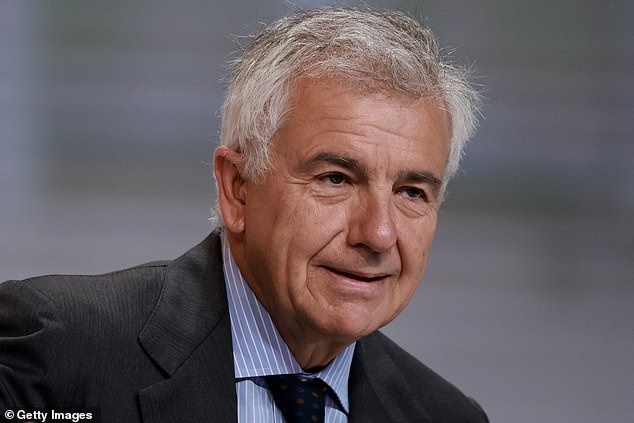
Juan Antonio Samaranch, favorite to become the next IOC president, has opened the door for the Gulf state to host the Games
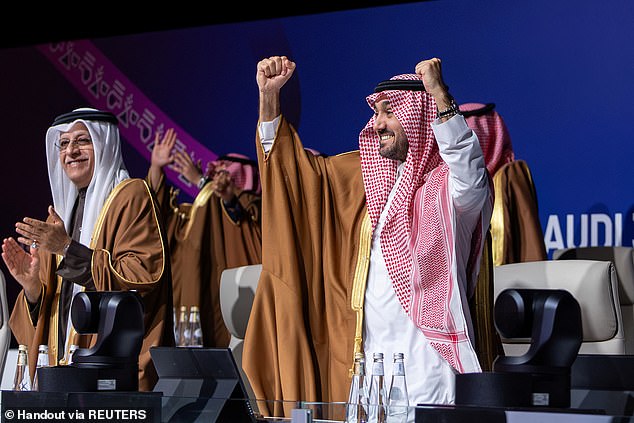
The news comes after Saudi Arabia was awarded the 2034 FIFA World Cup last week
The Summer Olympics have been held no later than October since Melbourne 1956, which took place from November 22 to December 8.
But Samaranch insists he would have no problem moving the Games’ traditional dates to adapt to the climate if Saudi Arabia were to host, just as FIFA is doing with the 2034 World Cup.
“I don’t see the possibility of the weather adjusting to our calendar, so we’ll have to adjust the calendar to our weather,” he said.
The manifestos of the seven candidates for the IOC presidency were launched on Thursday ahead of the March elections.
As the current vice president of the IOC, Samaranch – whose father was president from 1980 to 2001 – is considered Coe’s biggest rival for the job.
“I’m not going to define him as a rival, but I can qualify him as an extraordinary friend for many, many years,” Samaranch said of Coe. ‘I wish him the best. He is an extraordinary, well-rounded person and very impressive.
‘I am sure he will come up with very convincing proposals; some of which we may be on the same page, and on many of which we will have opposite ideas.”
One area where Samaranch has the opposite view of Coe is on prize money for athletes.
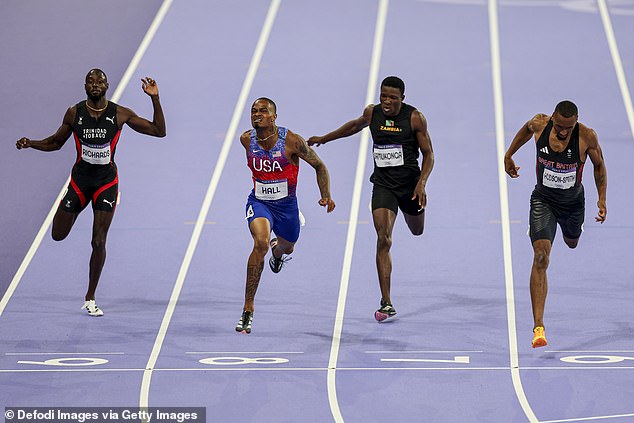
If Saudi Arabia hosts the Games, they will take place in winter due to the extreme climate in summer
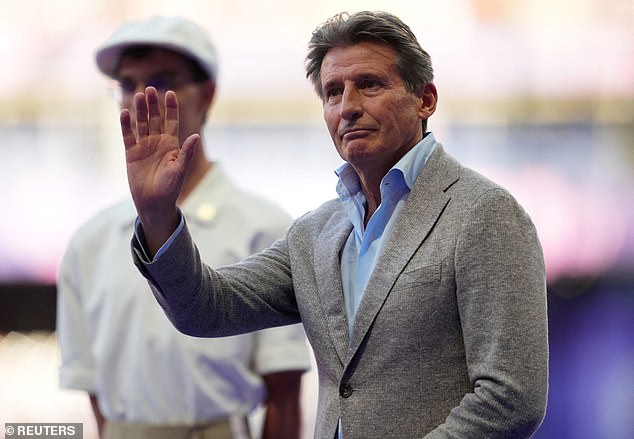
Samranach is considered Lord Sebastian Coe’s biggest rival for the position of IOC president
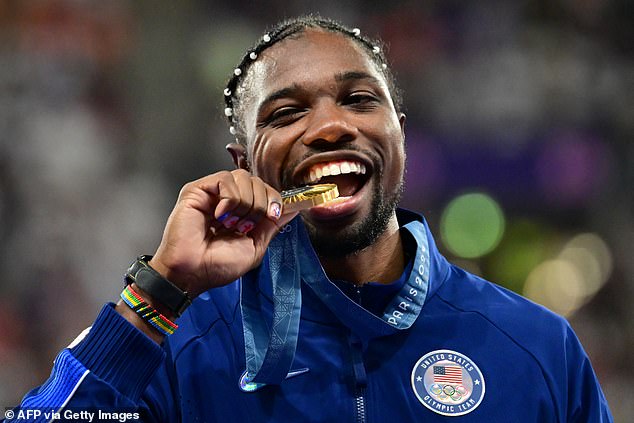
Samranach does not believe that Olympic medalists should receive financial reward for their achievements
Coe has suggested that all Olympic medalists should receive financial rewards after giving $50,000 to track and field gold medalists at Paris 2024 in his role as president of World Athletics.
But Samaranch said, “I have a very strong opinion about that. Ninety percent of the money from the Olympic Games is redistributed to the national Olympic committees, international federations and the base of the pyramid.
It is unnecessary to use that money to reward the Olympic champions, the icing on the cake.
‘They are an Olympic athlete, they get a lot of rewards, socially and financially, through their sponsors and their national Olympic committees. It is a bit redundant to give an extra price to them.
‘I would rather use that money and distribute it to all Olympians and non-Olympians, to make the sports world as flat as possible. We don’t just want to reward those who are already at the top.’
Samaranch joins Coe in saying the IOC should “take the lead” in “protecting the integrity of women’s sport” by coming up with a robust transgender policy for all Olympic sports.
However, alarmingly, he does not believe the IOC did anything wrong in Paris, when Algerians Imane Khelif and Lin Yu-ting of Taiwan were allowed to win gold in women’s boxing despite being disqualified from last year’s World Championships for failing to pass the gender suitability tests.
“In boxing, these women have always competed as women and we had to defend their right to participate in the Olympic Games, just as they had competed in the previous Olympic Games,” he added. ‘There was no evidence whatsoever that they shouldn’t do that.
“We had to focus heavily on our efforts to protect them from the global intimidation they suffered. That is unfair and it is a demonstration of our commitment to defending people with differences of opinion.”
